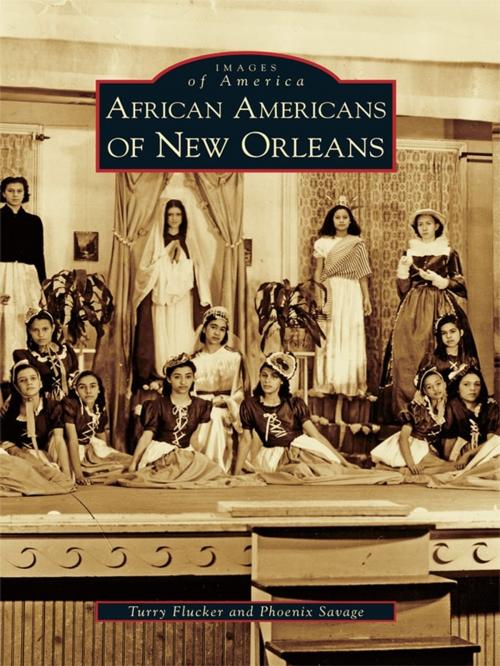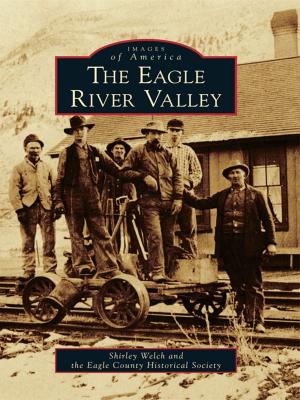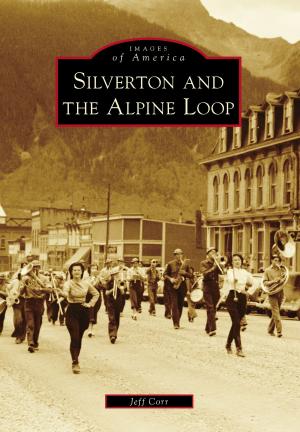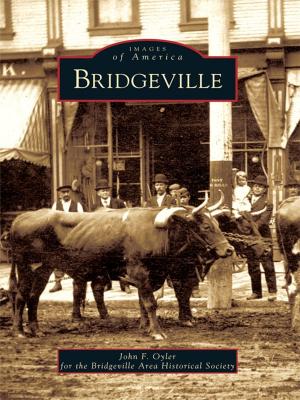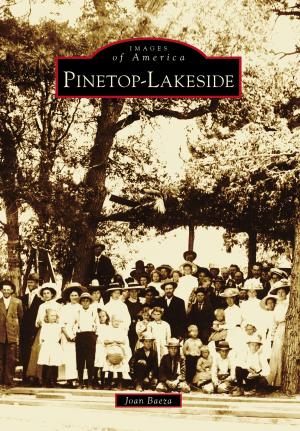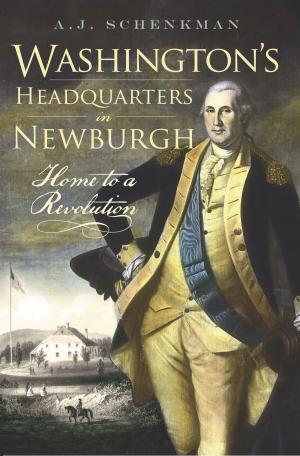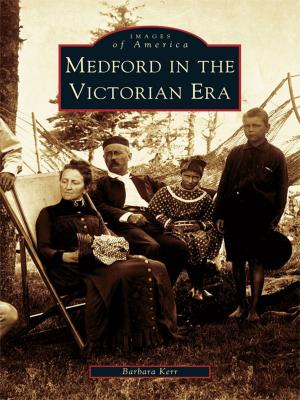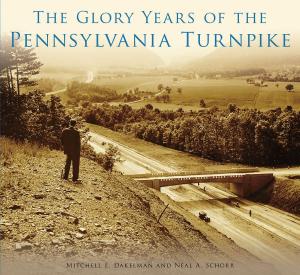African Americans of New Orleans
Nonfiction, Art & Architecture, Photography, Pictorials, History, Social & Cultural Studies, Social Science, Cultural Studies, African-American Studies, Fiction & Literature, Literary Theory & Criticism| Author: | Turry Flucker, Phoenix Savage | ISBN: | 9781439622414 |
| Publisher: | Arcadia Publishing Inc. | Publication: | April 12, 2010 |
| Imprint: | Arcadia Publishing | Language: | English |
| Author: | Turry Flucker, Phoenix Savage |
| ISBN: | 9781439622414 |
| Publisher: | Arcadia Publishing Inc. |
| Publication: | April 12, 2010 |
| Imprint: | Arcadia Publishing |
| Language: | English |
Enslaved Africans and free people of color of Louisiana deserve the title of �Founding Fathers� just as much as the French, the Spanish, and the Americans. In spite of their subjugated role as slaves, African Americans of Louisiana, and subsequently New Orleans, were contributors to the success of the state and the city far beyond their role within the labor force. Imported into the Louisiana Territory by John Law�s Company of the Indies, enslaved Africans, fed on a pound of corn a day, gave birth to American figures of the 19th and 20th centuries. Mahalia Jackson, Louis Armstrong, Homer Plessy, Marie Laveau, Buddy Bolden, Julies Lion, Alice Dunbar-Nelson, the fighting men of the Louisiana Native Guard, Ernest �Dutch� Morial, and many other African Americans contributed to the growth and development of New Orleans. Every African American citizen of New Orleans is intrinsically connected to the city�s cultural and political landscape.
Enslaved Africans and free people of color of Louisiana deserve the title of �Founding Fathers� just as much as the French, the Spanish, and the Americans. In spite of their subjugated role as slaves, African Americans of Louisiana, and subsequently New Orleans, were contributors to the success of the state and the city far beyond their role within the labor force. Imported into the Louisiana Territory by John Law�s Company of the Indies, enslaved Africans, fed on a pound of corn a day, gave birth to American figures of the 19th and 20th centuries. Mahalia Jackson, Louis Armstrong, Homer Plessy, Marie Laveau, Buddy Bolden, Julies Lion, Alice Dunbar-Nelson, the fighting men of the Louisiana Native Guard, Ernest �Dutch� Morial, and many other African Americans contributed to the growth and development of New Orleans. Every African American citizen of New Orleans is intrinsically connected to the city�s cultural and political landscape.
